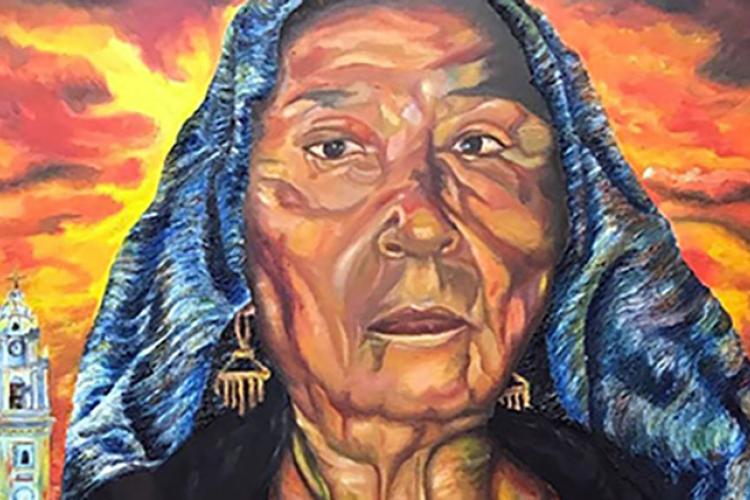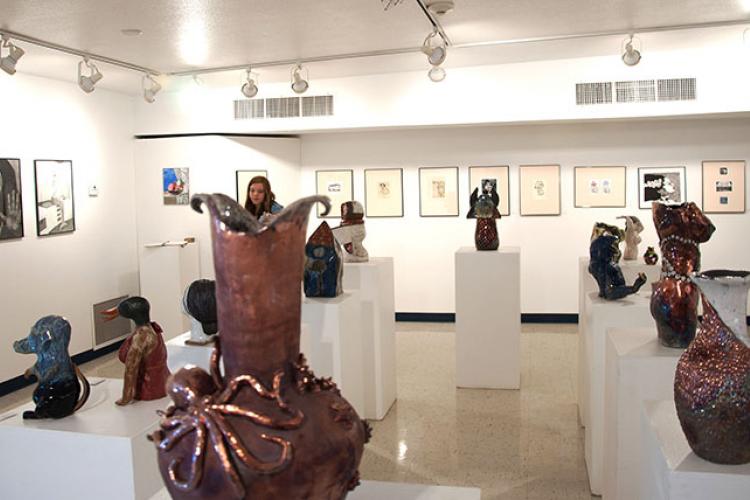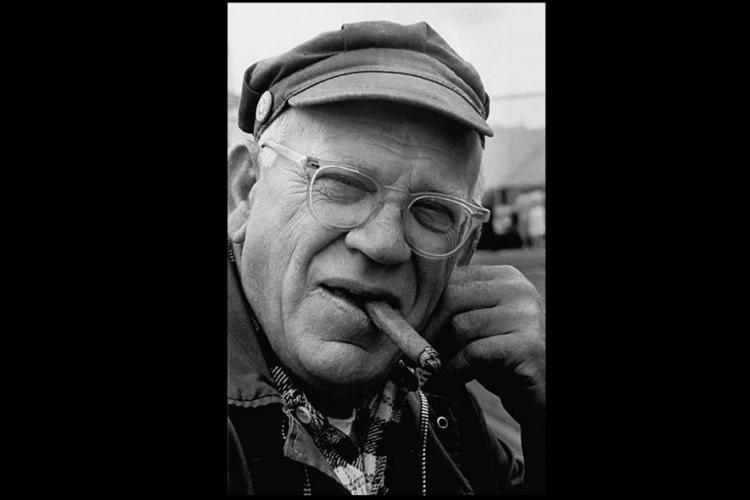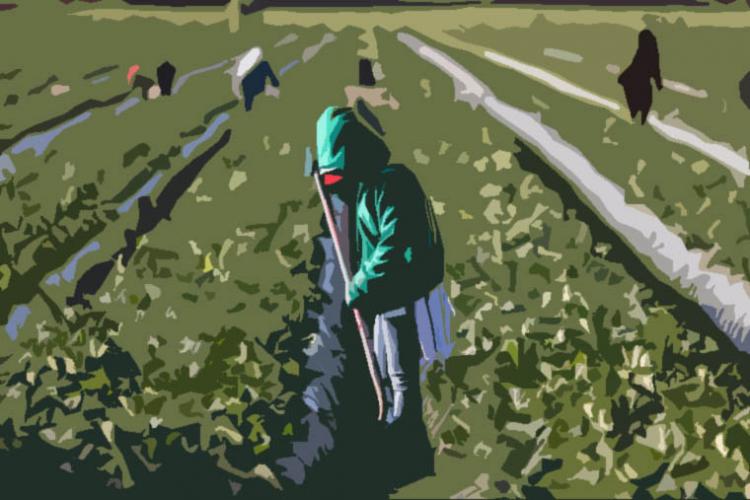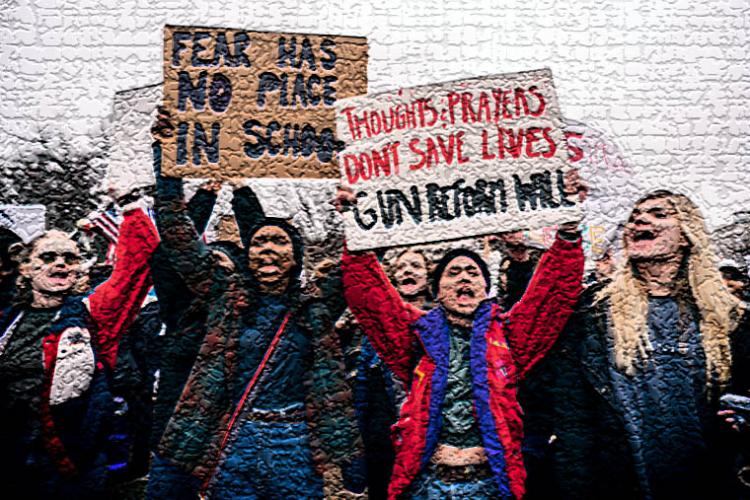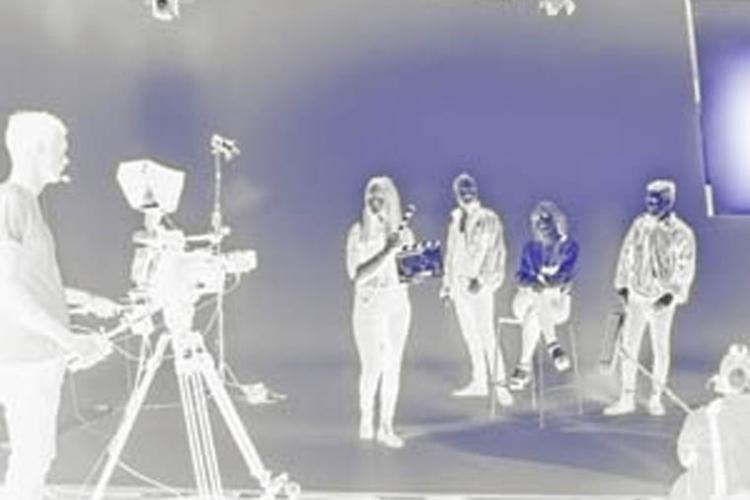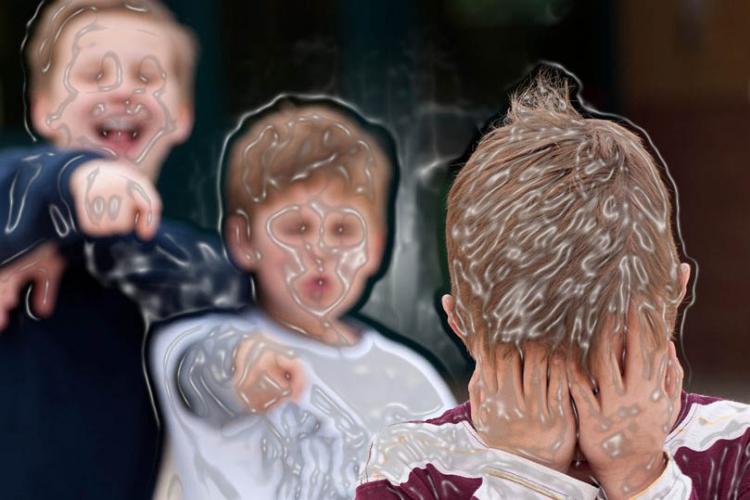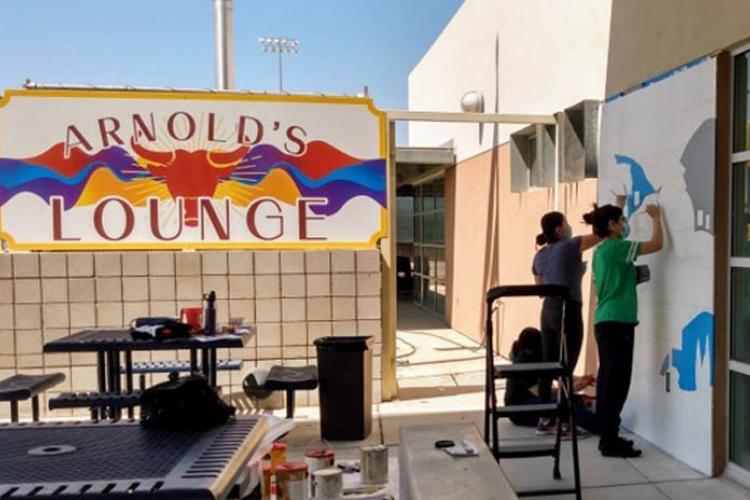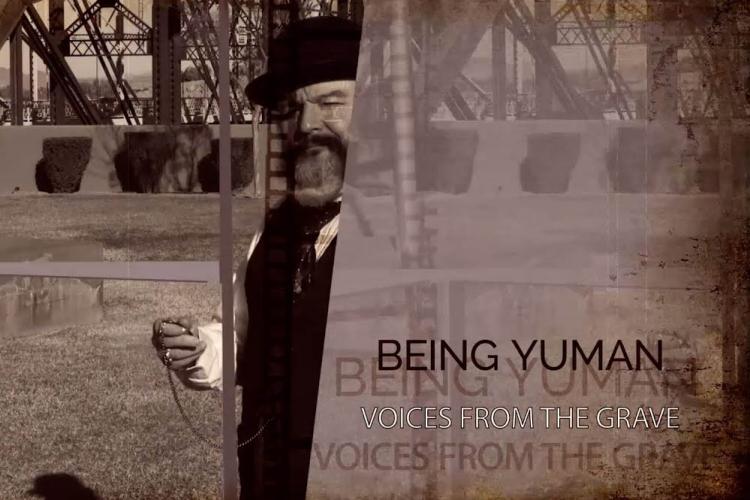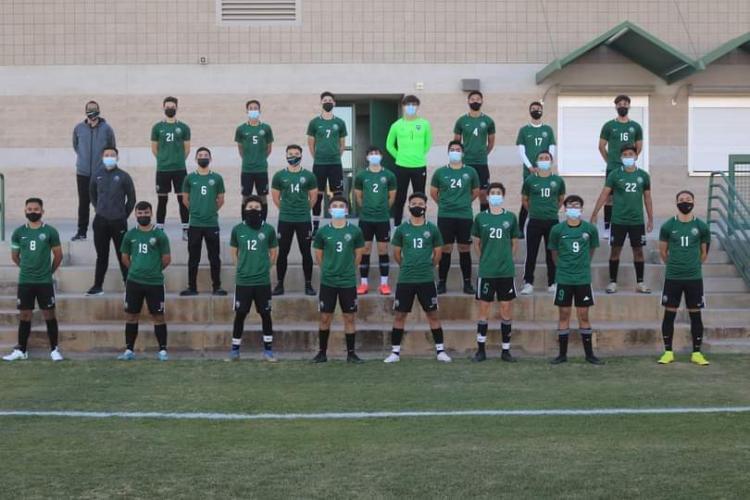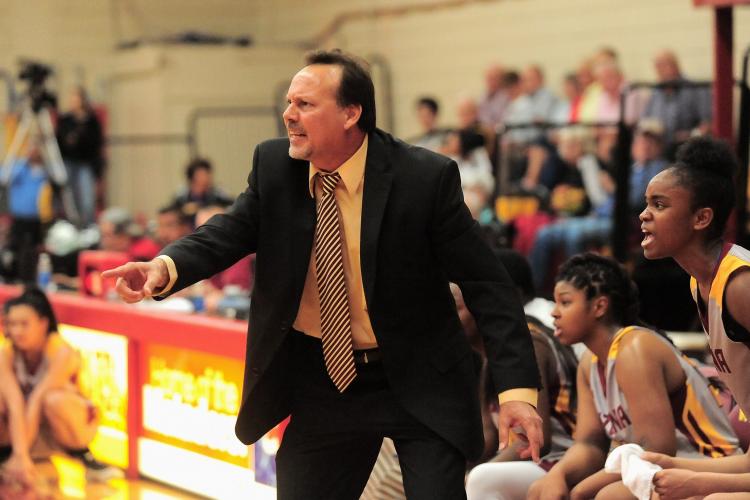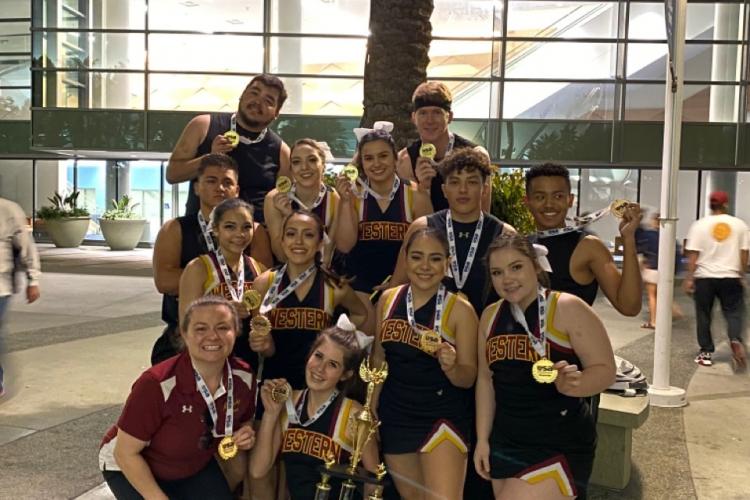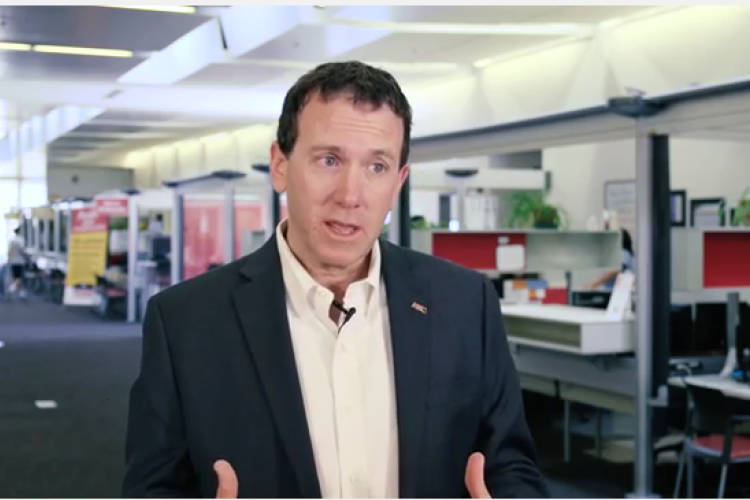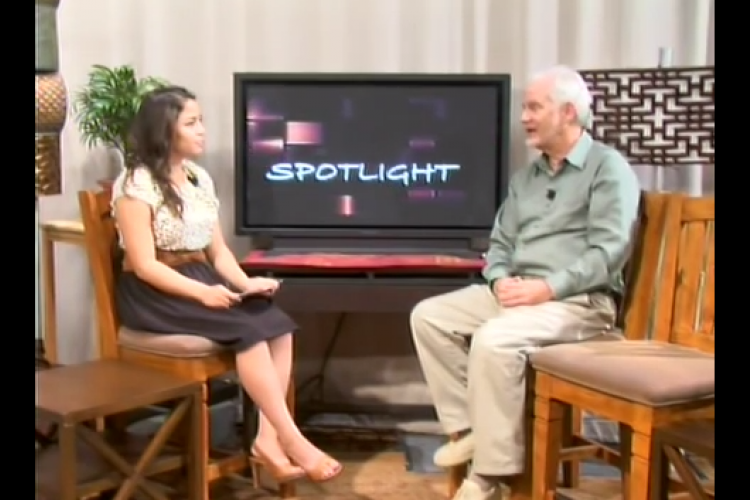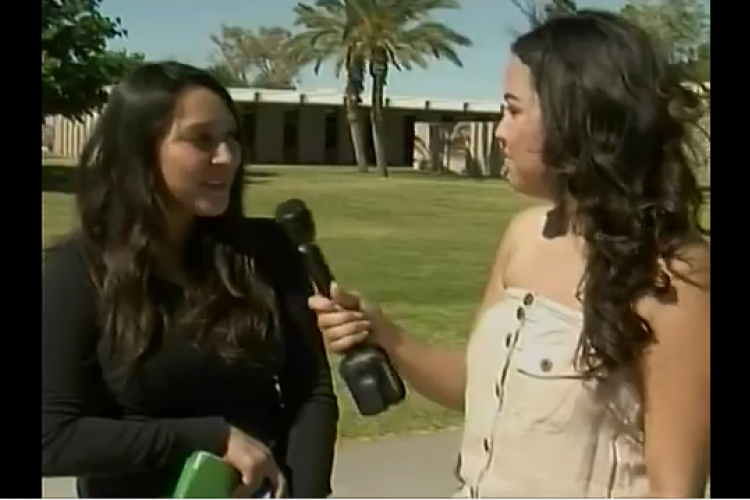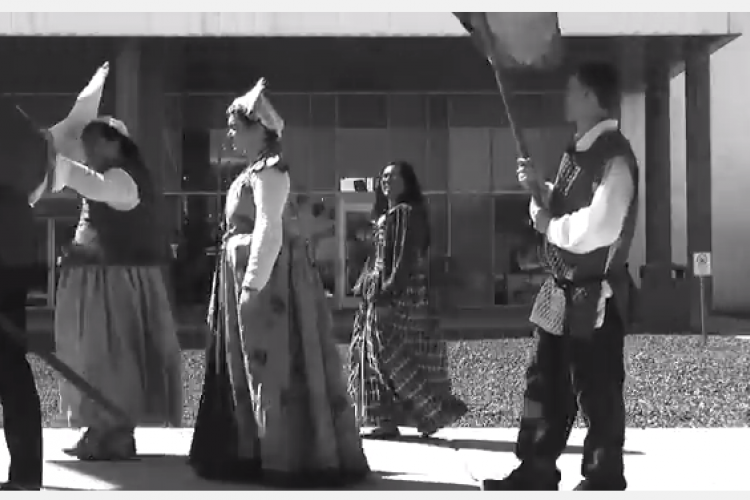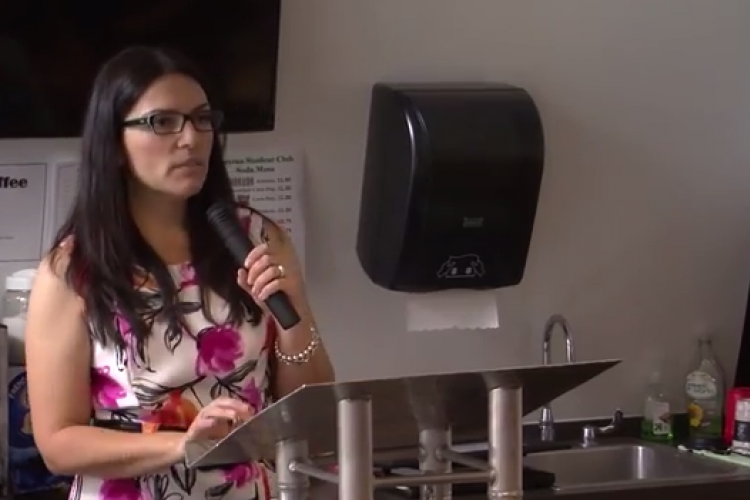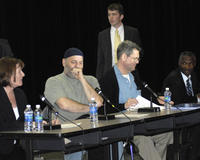
A war as old as the Biblical times persists to this day, as was evident during the Israel-Palestine forum at AWC last week.
Sponsored by the Arizona Western College Foundation and the Business and Liberal Arts Division, AWC and along with members of the community, were able to catch a small glimpse of the conflict in Palestine through the eyes of four distinguished guests: Dr. Mizaba Djunga Abedi, professor of English SYC at AWC and NAU, Edward Shubert, professor of English at AWC, Dr. Kurl Josef Murad Luttinger, professor of Mathmatics at AWC, and Kyle Hawkey, a graduate of AWC who has spent the last four months studying at the Brigham Young University Jerusalem Center for Near East Studies.
After brief introductions by Christina Hawkey, professor of Family Studies at AWC, and a short history review by mediator Dr. Mohammad Bahramzadeh, professor of Political Science, attendees were issued straight into the heart of the conflict through the eyes of the individual speakers; each one very adamant about their position. The conflict between the nation of Israel and its Arab neighbors, bore from the seed of Abraham through Ishmael and Isaac, obviously still exists.
Dr. Abedi, who in his home country, the Democratic Republic of the Congo, was a member of the Commission of Institutional Reform, which drafted the constitution leading to the democratic elections of 2006, emphasized that he believes that the peace process has to take place outside of the constraints of religious ideology. Dr. Abedi stated that despite the deeply religious ties of all parties involved, “the problems are man-made, so man has to fix them,” and that God, “has no religion.”
Professor Shubert, who has served as a civilian volunteer in the Israel Defense Force and has been active in Zionist Organizations such as AIPAC and American Friends of Peace Now, gave us insight into those who support Israel by stating that when dealing with certain organizations inside of Palestine such as Hezbala, “you can’t negotiate with people that want to destroy you.”
Dr. Luttinger, of Jewish lineage himself, gave us a unique perspective into his family’s history and their personal struggle with what the nation of Israel is doing to the Arab world. In fact, Dr. Luttinger stated that he is “actually very much against the state of Israel,” and “what a lot of people don’t understand, is that not all of us support the nation of Israel,” which was somewhat of an eye-opener.
Yet, despite how many statistics were shown or how convincing the argument for or against the nation of Israel, these positions were indicative of what most people today do or don’t support about the conflict in Palestine.
Perhaps the greatest breath of fresh air into this age old conflict came from Kyle Hawkey who declared, “I am neither pro-Israel nor pro-Palestinian, but pro-peace.” Studying at the B.Y.U. Jerusalem Center for Near East Studies, Mr. Hawkey was afforded a chance of a lifetime opportunity to study, learn, live with and experience both sides of the conflict on neutral ground.
Through Kyle’s experience, he was able to bring us into the daily lives of the people; the hurt and pain that both groups have to suffer through. He shared the stories of personal encounters he had with those around him, reminding us that there are two sides to every war with tragedy on both sides.
He also challenged us by stating that when he was there, “everyone [he] talked to…whether it was Palestinian families or Jewish-Israeli families, they’re all counting on America,” stressing that “neither side needs a proxy cheerleader,” we need “proxy cheerleaders for pro-peace.”

